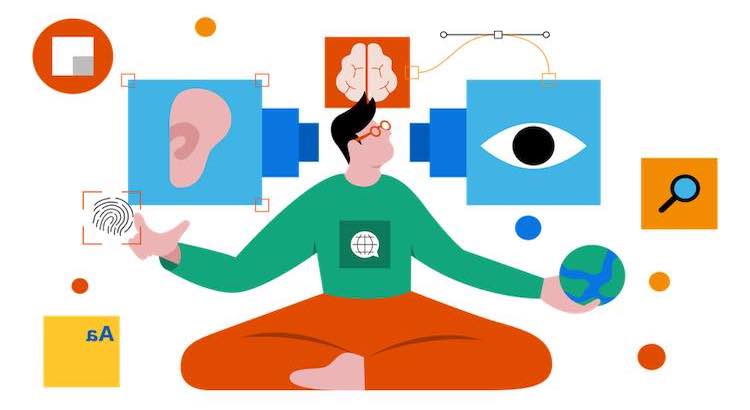Legal Requirements for Accessibility: The Critical Role of Audio Transcription Services
Accessibility in the digital world is no longer optional. Laws now demand that digital content be available to everyone, including people with disabilities. This guide explains the legal requirements for accessibility and highlights how audio transcription services help you meet these standards.
The Legal Background of Digital Accessibility
Countries worldwide have enacted laws to ensure people with disabilities can access digital content. While laws differ by region, they share a common goal: equal access for all.
Core Accessibility Laws
- United States: The Americans with Disabilities Act (ADA) requires businesses and organizations to provide equal access to services, including websites and digital media.
- Canada: The Accessibility for Ontarians with Disabilities Act (AODA) sets out specific rules for making information and communications accessible.
- European Union: The European Accessibility Act (EAA) mandates accessible digital products and services across EU states.
These laws mean that public and private websites, online courses, and digital documents must be usable by people with a range of disabilities. Audio transcription—turning spoken words into text—is a key method for making audio content, such as videos and podcasts, accessible to the deaf and hard of hearing.
How Audio Transcription Services Ensure Legal Compliance
Transcription services convert spoken content into written text. This process enables more people to access and benefit from digital information. Organizations depend on audio transcription to meet both legal requirements and user needs.
Types of Content Needing Transcription
- Educational lectures and webinars
- Corporate meetings and training sessions
- Legal proceedings and court cases
- Public service announcements
- Podcast episodes and online videos
Without transcription services, these resources are not accessible to everyone, which could lead to legal trouble and exclude valuable members of your audience.
Legal Risks of Non-Compliance
- Fines: In 2021, several U.S. organizations faced lawsuits for failing to provide captions or transcripts for their digital media (WebAIM, 2021).
- Lawsuits: ADA suits involving digital content grew by over 23% from 2021 to 2022 (Accessibility.com, 2022).
- Negative Publicity: Failure to comply can harm public trust and result in loss of customers.
Benefits of Audio Transcription for Accessibility Compliance
Meeting legal requirements with audio transcription services delivers many advantages beyond compliance.
- Greater Accessibility: Transcripts and captions make digital information available to people who are deaf, hard of hearing, or prefer to read instead of listen.
- Improved Search Engine Optimization (SEO): Text from automated transcription can be indexed by search engines, making your site easier to find (Backlinko, 2023).
- Enhanced User Engagement: Offering both audio and text options caters to different learning styles and boosts viewer retention.
- Legal Protection: Following the law shields organizations from lawsuits and helps build a positive brand image.
Best Practices for Accessibility Compliance with Transcription
To stay compliant and support all users, organizations should follow these simple but vital best practices:
1. Ensure Accuracy
- Carefully check all transcripts for errors; mistakes can change the meaning and reduce accessibility.
- Use professional transcription proofreading services to maintain accuracy.
2. Focus on Timely Delivery
- Post transcripts and captions at the same time as the original audio or video content.
- Timely access means no group is left waiting for critical information.
3. Consider All Disabilities
- Make sure your transcription solution works with screen readers and other assistive technologies.
- Include closed captions and alternate formats where possible.
4. Keep Accessibility Practices Up to Date
- Laws and technology change often. Review your approach regularly to stay compliant.
Related Accessibility Solutions
- Use subtitling services for videos with multiple languages or for broader international access.
- Rely on text translation services and audio translation services to expand accessibility for non-English speakers.
- Review transcription pricing and captioning services pricing to find an option that fits your budget.
Easy Steps to Get Started
- Order a transcription for any of your audio files.
- Order captions to make your videos accessible right away.
- Consider an AI transcription subscription for frequent or high-volume needs.
Conclusion: Achieve Accessibility and Compliance With GoTranscript
Making your digital content accessible is both a legal requirement and an important step toward inclusion. Audio transcription bridges the gap for people who are deaf or hard of hearing and helps organizations meet ADA, AODA, and EAA guidelines. By using reliable transcription services and related solutions from GoTranscript, you can stay compliant, avoid legal risks, and open your content to a wider audience. Choose GoTranscript to ensure your digital presence is accessible to all.



















 Verified Order
Verified Order